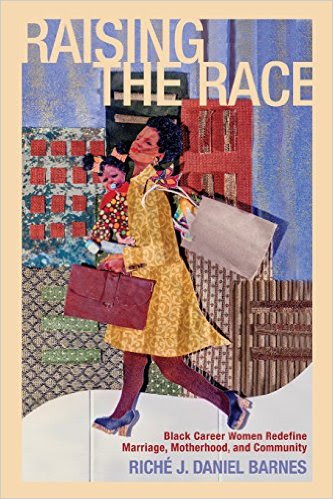Please kindly consider the following panel proposal for the 2018 Annual Meeting for the American Anthropological Association (November 14-18, 2018 in San Jose, California).
Panel Title: Secura: Security as the Absence (and Presence) of Care
Panel Organizer: Alex Jong-Seok Lee (University of Illinois at Urbana-Champaign)
Panel Discussant: Jeffrey T. Martin (University of Illinois at Urbana-Champaign)
Security is ubiquitous. Didier Fassin describes it as “a keyword and a leitmotiv of national and international policies in many domains” (Security: A Conversation with the Authors 2008). Although traditionally within the purview of International Studies, security has emerged as a popular subject of anthropological study. Specifically, anthropology has enhanced our understanding of security’s relationship with topics like urban policing (Fassin 2013), migration and human rights (Burrell 2010), the National Security State (Price 1998), and biological weapons (i.e., “biosecurity”) (Collier, Lakoff, and Rabinow 2004)—among many others. Yet, security’s meaning(s) often remain(s) ill-defined. Likewise, most studies of security (though valuable) tend to focus on core concepts like the state, violence, war, and peace while the idea of security itself can produce a “masculine bias” (Sjoberg 2009). Hence, as an idea and ideal, security continually must be unpacked and situated within specific historical, political, and social contexts (Stewart and Choi 2012).
Etymologically, security denotes the removal (se) of “concern” or “care” (cura) and, therefore, implies a condition that is either carefree or careless (Hamilton 2013). That is, the condition of feeling secure necessitates the work of others in producing care. Recent anthropologies of care (Raijman and Schammah-Gesser 2003; Buch 2013; Baldassar and Merla 2013), chiefly those highlighting gendered migrant care labor, have grown. But few have foregrounded the complementary relationship between ostensibly distinct practices of care and security. How might viewing care—both in its presence and absence—and (in)security as mutually constitutive unveil the (invisible) feminized work behind managing individual and collective conflict? Similarly, how might posing security as a masculinized display of (un)caring practices highlight the performative dimensions of the former?
This panel follows interventions by feminist security studies (Ahall 2015), as well as calls for more critical comparative ethnographies of security (Goldstein 2010). It seeks papers that advance more inclusive understandings of security that highlight the centrality of gender and the everyday situatedness of securitizing acts. We ask: within which diverse local work contexts might an “ethics of care” (Gilligan 1982)—the theory that care’s core elements of sustaining human relationships and dependencies should achieve moral significance–manifest as a viable alternative to a rationalized perspective of “indifference” (Herzfeld 1992) and justice undergirding conventional logics of security? What are the conceptual and practical implications of productively disrupting pat distinctions between the labor of care and security? For example, in what ways might care labor also serve to (re)produce modes of social inclusion and exclusion? Likewise, how might viewing security as embodied acts of absent (and present) care shift our knowledge about global regimes of gendered (e.g., care, affective, intimate) labor, precarity, and agency?
If you would like to participate in this panel, please send a 250-word abstract of your paper presentation by Friday, April 9, 2018 to Alex Lee (lee828@illinois.edu).





 It’s that time of year again: time for Anthropoliteia’s list of papers and panels pertaining to police, security, crime, law and punishment at the Annual Meeting s of the American Anthropological Association!
It’s that time of year again: time for Anthropoliteia’s list of papers and panels pertaining to police, security, crime, law and punishment at the Annual Meeting s of the American Anthropological Association! Hello, Dear Reader, it is that very special time of year again: The American Anthropological Association’s Annual Meeting. This year in Denver Colorado. As impassioned followers of this blog know, we like to curate a list of sessions and papers of interest to our readers. This year we’ve created a Google Calendar, which you can find embedded below and import into your own. Be sure to keep an eye on
Hello, Dear Reader, it is that very special time of year again: The American Anthropological Association’s Annual Meeting. This year in Denver Colorado. As impassioned followers of this blog know, we like to curate a list of sessions and papers of interest to our readers. This year we’ve created a Google Calendar, which you can find embedded below and import into your own. Be sure to keep an eye on